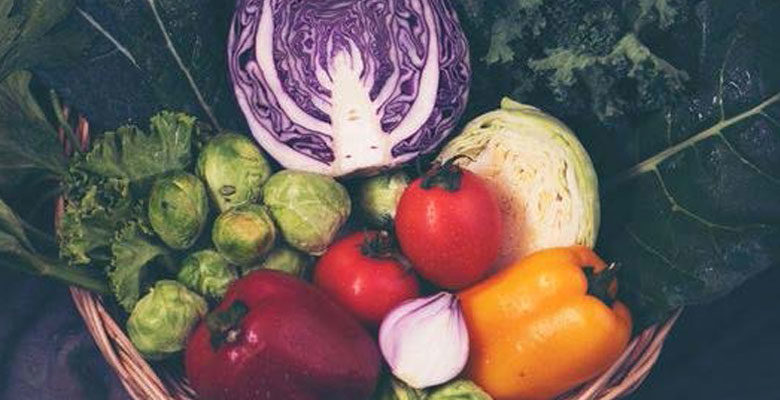Did you know that over 70% of your immune system is located in your gut?
The gut microbiome, or the collection of microbes, bacteria, and fungi in the gut, is nothing short of amazing.
When the microbiome is balanced with good bacteria, it boosts immunity, prevents disease, and supports emotional well-being. Keeping your gut microbes happy and flourishing will help them help you! We’ve put together five actionable ways you can help your microbiome stay balanced, thus improving your gut health and improving your immunity.
- Eat a rainbow of plant-based foods. Not only do colorful fruits and veggies look beautiful on your plate, they’re also important for getting diverse sources of fiber. These different types of fiber contain microbiota-accessible carbohydrates (MACs), and they set the stage for diverse microbial populations in the gut. When diets lack fiber, beneficial bacteria are lost, and their health benefits are lost along with them.
- Pump up the probiotics. Probiotics are microorganisms that provide a variety of health benefits; when it comes to immunity, some probiotics increase lymphocytes (white blood cells) that protect against infection and inflammation. Other probiotics speed up healing from infections while minimizing inflammation-associated tissue damage in the body. Probiotics can be found in foods such as kimchi, drinks such as kombucha, and dietary supplements. These foods and supplements are a great reminder to check in with your bio-individuality! Not everyone tolerates probiotic-rich foods, and they’re actually not recommended at all if you experience immunosuppression or have a histamine intolerance.
- Don’t forget the prebiotics. Prebiotics are nondigestible food ingredients that essentially “feed” the probiotics. If your gut microbiome were a garden, the probiotics would be the flowers, while prebiotics would be the fertilizer, water, and sunlight that help them grow. By helping probiotics “grow,” prebiotics ultimately determine the bacterial composition of the gut. Just like probiotics, not everyone tolerates prebiotics with ease. Some individuals (including those with IBS) are sensitive to the gastrointestinal effects that occur during prebiotic fermentation in the gut. Start with small doses of prebiotic-rich foods to assess your tolerance.
- S tress less! We know, easier said than done. But significant stress can cause unwelcome gastrointestinal issues and directly impact the microbes and level of inflammation in your gut. Chronic stress can also alter the integrity of the intestinal barrier, leading to a condition called leaky gut.
- Play in the dirt. There are nearly one billion beneficial microbes in one teaspoon of soil! Overly sanitized environments decrease gut microbe diversity, making a good case for spending extra time in the dirt.
When practiced regularly, these tips will go a long way toward supporting your gut microbiome and your immunity. When your gut tells you something isn’t right, it can manifest as an emotion or as a physical symptom. If you feel there might be something going on in your gut, give our office a call so we can get to the root of the problem!


